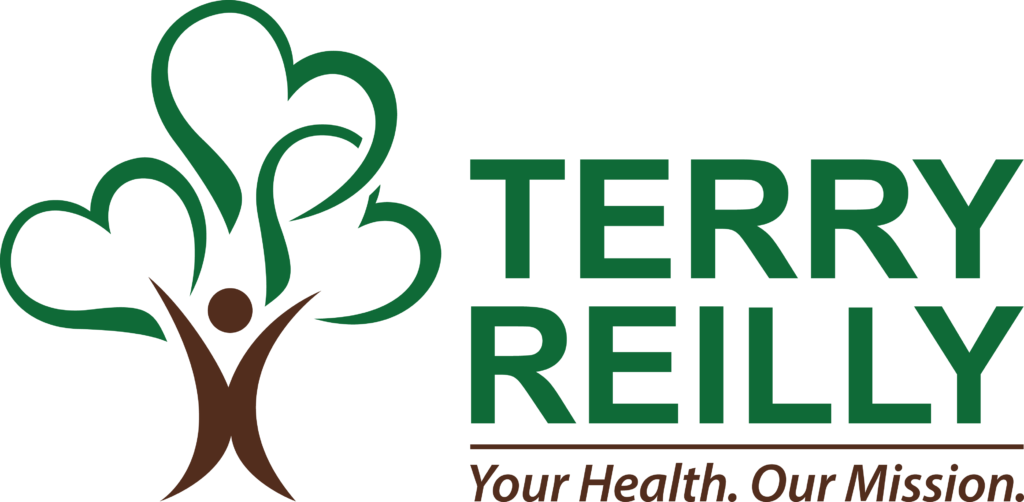By Rachel Sheldon, Patient Navigator, Terry Reilly Health Services
Each year in October, we recognize people affected by domestic violence and remind them they are not alone. According to the National Domestic Violence Hotline, domestic violence happens in every community, and affects all people regardless of age, socio-economic status, sexual orientation, gender, race, religion, or nationality. 1 in 3 women and 1 in 4 men have been physically abused by an intimate partner, and 1 in 5 women and 1 in 7 men have been severely physically abused by an intimate partner. That adds up to millions of Americans living in daily, silent fear. In addition, millions of children are exposed to domestic violence each year. Here are three ways we can all hold space and help support survivors.
The act of holding space for others can be profoundly healing in a chaotic and isolating world. Holding space means being physically, mentally, and emotionally present. This allows others to express themselves without fear of judgment. This act of care can be life-changing for survivors of domestic violence. It is rooted in compassion and understanding, offering a powerful antidote to invisibility and isolation.
Listening to a survivor’s story attentively and without judgement is one of the most powerful ways to hold space. Don’t interrupt them or give unsolicited advice, instead just listen and give them a safe place to share how they are feeling. Ask open-ended questions, validate their experience, and just be present and let them know you are there for them when they are ready to be open.
Validating a survivor’s feelings is also very important. Many survivors feel shame, confusion and fear. Saying things like “It’s ok to feel this way” or “What you’re feeling is completely understandable” affirms their feelings. Often, all they need is a listening and trusting friend. Some people may not be ready to talk and that is okay, too. Providing space and respecting their boundaries shows them that you value their comfort and helps them feel a sense of security. Let them lead the conversation and give them the time and space they need.
If you or someone you know needs help, please reach out to these national and local resources:
- The National Domestic Violence Hotline is available 24 hours a day by calling 1-800-799-7233 or texting 88788.
- The Boise Women and Children’s Alliance (WCA) has a 24-hour hotline; 208-343-7025.
- The Ada County Victim Services Center offers wrap around services for domestic abuse, sexual assault, stalking, elder abuse and human trafficking. You can call them at 208-577-4400 24-hours a day.
You can also call Terry Reilly Health Services to set up an appointment with a patient navigator, or trauma counselor: (208) 323-9600
(Works cited: The National Domestic Violence Hotline. Thehotline.org)

